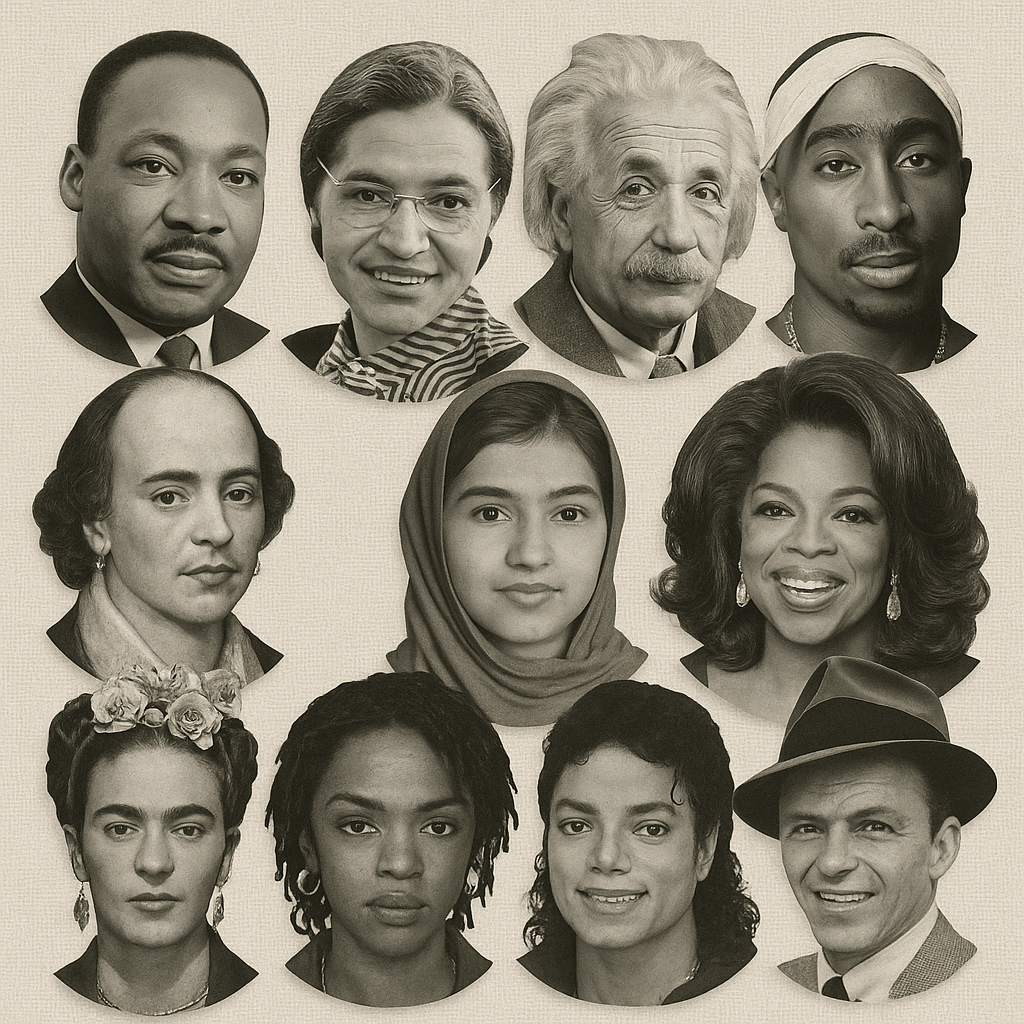
Fashion e-commerce has demonstrated an exponential growth over the last decade, as customers are offered endless scrolls of choices but little clarity. Our project sheds light on an intriguing paradox: as digital retail has never been more accessible, customers have reported to be more overwhelmed than ever before. At least 70% of online fashion customers abandon their cart with each session and, on top of that, one in four items is returned, the reasoning often being that those customers could not visualize how something would fit their personal style or closet (Capital One Shopping Research, 2025; Friedlander, 2024; Zheng, 2023).
With this project, we discovered that the next frontier of digital retail derives from creating better contexts, highlighting personalization, explainability and interactive guidance that acts as a human stylist, rather than from adding new products. This insight has led to the creation of AVA, Your GenAI Stylist, functioning as a virtual assistant that utilizes AI to gain understanding on a customer’s wardrobe, taste, and lifestyle in order to provide styling and shopping recommendations in real time.
The main framework that supported the development of AVA was Baumeister’s Decision Fatigue Theory (2002). It proved that reducing cognitive overload and improving personalization would not only enhance satisfaction but also directly increase commercial performance. Moreover, market analysis reaffirmed that AI-powered personalization can increase sales conversion by 20-40%, while reducing return rates by 10-20% of millions in annual savings for retailers and creating more sustainable shopping habits for customers (Baymard Institute, 2025; Standish et al., 2024).
By operationalizing computer vision, AVA would digitize the customer’s clothing items and subsequently categorize them by color, texture and type. In practice, the user would interact with a large language model that communicates natural and conversational styling recommendations, while generative modeling prompts realistic outfit previews. As this system engages with a continuous learning curve, every interaction would refine the future potential recommendations more accurately. In addition, by building the evident trust for its adoption, AVA has structured a privacy-by-design architecture which ensures compliance with EU AI regulations.
Through the eyes of the user, AVA’s impact could be found in for example a preparation for a job interview with the question: “What can I wear that looks professional but still feels like me?”. The system would instantly respond with an outfit suggestion based on the knowledge of the existing clothes while providing complementary items from partner retailers. This would save the customer time, boost their confidence and prevent “I have nothing to wear” scenarios.
This personal assistant is in essence not presented as a mere product, but rather as a transformation in the interaction with technology. This shift would change the shopping experience from a mechanical process into a creative dialogue. AVA represents the move toward technology that empowers human judgement rather than replacing it. Fashion would eventually stop the cold overwhelming algorithmic feeds and become a conversation, one that actually helps to express who we are through a confident and sustainable lens, in a world gushing with choice.
Sources:
Baumeister, R. F. (2002). Decision Fatigue Exhausts Self-Regulatory Resources — But So Does Accommodating to Unchosen Alternatives. https://www.researchgate.net/profile/Jean-Twenge/publication/237738528_Decision_Fatigue_Exhausts_Self-Regulatory_Resources_-_But_So_Does_Accommodating_to_Unchosen_Alternatives/links/554b9ee40cf21ed21359ccbd/Decision-Fatigue-Exhausts-Self-Regulatory-Resourc
Capital One Shopping Research. (2025). eCommerce Fashion Statistics (2025): Online Shopping Trends. Capital One Shopping. https://capitaloneshopping.com/research/online-clothing-shopping-statistics/
Friedlander, E. (2024). Paralyzed by choice. Business Insider. https://www.businessinsider.com/online-shopping-ecommerce-comparison-burnout-too-many-choices-overwhelming-decision-2024-11#:~:text=It%27s%20not%20just%20big%2C%20life,and%20even%20snacks%20%2870
Holst, C. (2025). Reasons for Cart Abandonment – Why 70% of Do So – Baymard. Baymard. https://baymard.com/blog/ecommerce-checkout-usability-report-and-benchmark
Standish, J., Kitchel, B., Leary, B., & Berger, S. (2024). Retail reinvented: Unleashing the power of generative AI. 20. https://www.accenture.com/us-en/insights/retail/unleashing-power-generative-ai
Zheng, S. (2023). The True Cost of Apparel Returns: Alarming Return Rates Require Loss-Minimization Solutions. Coresight Research. https://coresight.com/research/the-true-cost-of-apparel-returns-alarming-return-rates-require-loss-minimization-solutions/


